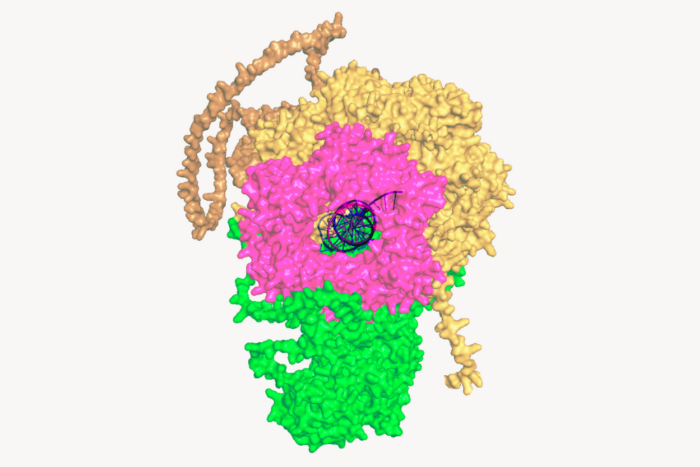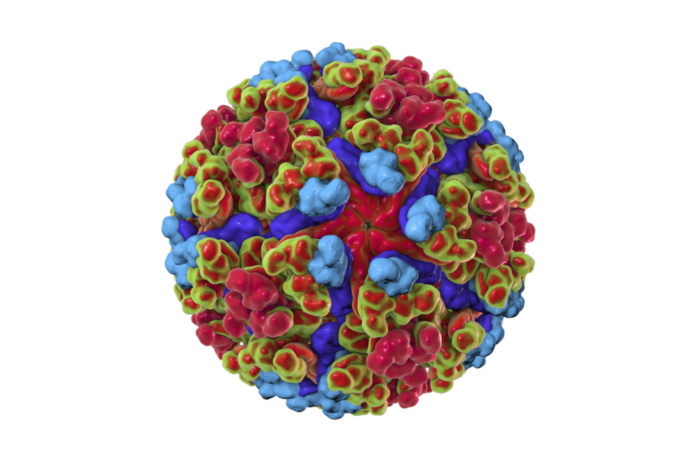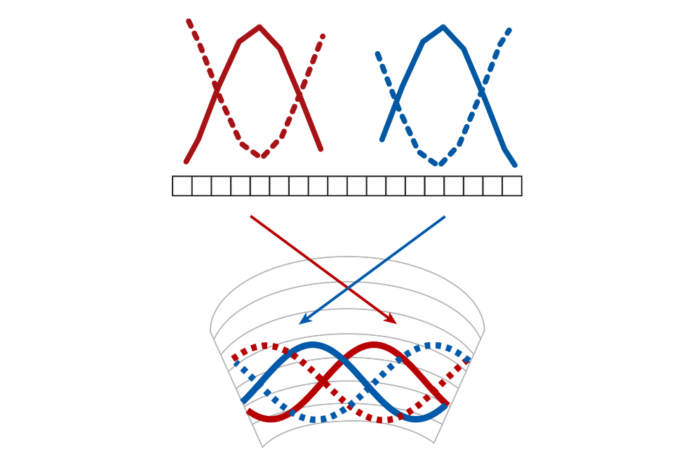Drug discovery fund begins making grants
by LESLIE CHURCH
A new $25 million initiative, created earlier this academic year to help develop basic research discoveries into new medical therapies, has had a promising launch, with $1.55 million in awards granted to Rockefeller scientists in its initial phase.
The first awards are for proof-of-concept projects aimed at identifying and validating potential therapeutic targets. They include pilot funding for 12 early stage projects, two novel diagnostics, one vaccine and one stem cell therapy approach. Funding was also provided to four more advanced projects: one for development of a vaccine and three for novel cancer therapeutics. In total, 20 proposals submitted by researchers in 17 Rockefeller labs received funding.
The grants are from the Robertson Therapeutic Development Fund, established at Rockefeller by noted investment manager Julian Robertson and his family through the Robertson Foundation. Mr. Robertson, chairman and chief executive officer of Tiger Management, has been a member of the university’s Board of Trustees since 2001.
A second round of review is now underway to consider larger clinical development grants, which will fund drug design, toxicology testing and, in some cases, phase I clinical trials. The open call period for early clinical development proposals ended in early May, and decisions will be announced this month.
“The Robertson Fund is unique in that it provides the necessary resources to enable Rockefeller researchers to pursue important studies that are rarely, if ever, supported by conventional funding mechanisms,” says Bruce Conway, the fund’s program director.
The fund is an important complement to the Tri-Institutional Therapeutics Discovery Institute (TDI), a joint venture with Memorial Sloan Kettering Cancer Center and Weill Cornell Medical College designed to link academic researchers with partners in the pharmaceutical sector (see “Tri-I drug discovery institute soon to announce first projects”).
The fund supports projects in the early and late stages of the drug development process that are not covered by TDI, as well as biological products that are not part of TDI’s current mission. In this way, the fund will help to bridge critical gaps in drug discovery, ensuring that a range of promising findings made in the university’s labs have the best chance of becoming new medicines.
“Julian Robertson’s extraordinary gift is already enabling nearly two dozen innovative projects to take an important step forward,” says Marc Tessier-Lavigne, the university’s president. “The funds make it possible for our scientists to test whether their advances are candidates to become new medicines, and Bruce Conway’s guidance is helping to ensure that the resources are used efficiently to support projects that have the greatest potential to benefit patients.”


